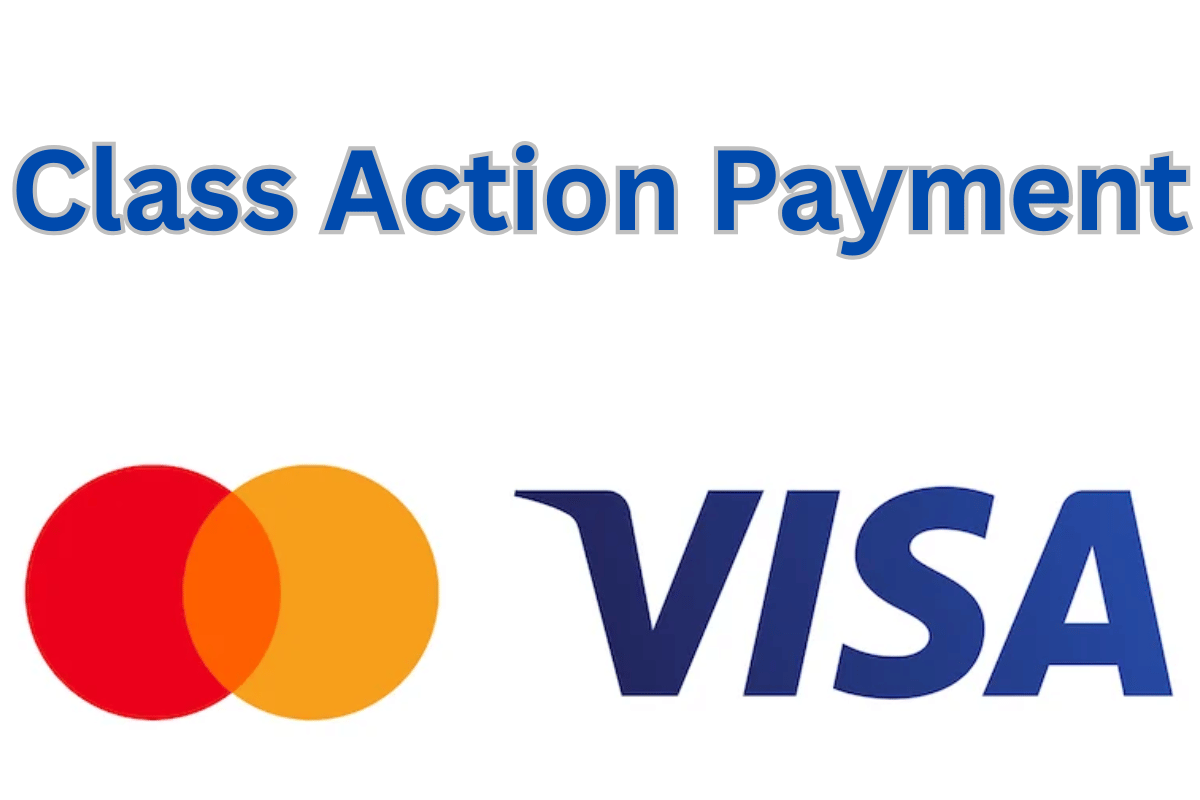In a landmark antitrust case, Visa and Mastercard have agreed to a $5.54 billion settlement, marking one of the largest class-action resolutions in U.S. history. This settlement addresses allegations that the two credit card giants imposed excessive “swipe fees” on merchants, violating antitrust laws. The case, formally known as In re Payment Card Interchange Fee and Merchant Discount Antitrust Litigation, has been ongoing since 2005 and has significant implications for businesses that accepted Visa or Mastercard payments between 2004 and 2019.
Visa-Mastercard Class Action 2025
The lawsuit originated from claims that Visa and Mastercard, along with several major banks, conspired to fix interchange fees—commonly referred to as “swipe fees”—at artificially high levels. These fees are charged to merchants each time a customer uses a credit or debit card for payment. Merchants argued that these practices limited competition and led to higher costs for businesses and consumers alike.
In 2019, a U.S. District Court approved a $5.54 billion settlement to resolve these claims. The settlement was upheld by the Court of Appeals for the Second Circuit in 2023, allowing the claims process to proceed.
Check Payment Dates
Check New Payment Amount
Check Payment Increase News
Check New Eligibility Criteria

Eligibility Criteria
Businesses eligible to participate in the settlement include those that:
-
Accepted Visa and/or Mastercard credit or debit card payments in the U.S. between January 1, 2004, and January 25, 2019.
-
Did not previously opt out of the settlement class.
This encompasses a wide range of businesses, from large retailers to small local shops, across various industries.
Claim Filing Process
To receive a portion of the settlement funds, eligible businesses must file a claim. The process involves:
-
Accessing the Official Settlement Website: Visit www.paymentcardsettlement.com to access claim forms and detailed instructions.
-
Submitting Required Information: Provide necessary business details, including Taxpayer Identification Number (TIN) and supporting documentation of Visa/Mastercard transactions during the specified period.
-
Meeting the Deadline: The deadline to file a claim has been extended to February 4, 2025. Late submissions may not be considered.
It’s important to note that class membership is automatic, but receiving a share of the settlement requires filing a timely claim.
Potential Compensation
The exact amount each business will receive depends on several factors, including the volume of Visa and Mastercard transactions processed during the specified period and the total number of valid claims filed. While individual payouts will vary, the settlement aims to compensate merchants for the excessive fees they were charged.
Additional Settlement Provisions
Beyond monetary compensation, the settlement includes provisions to prevent future anticompetitive practices:
-
Fee Reductions: Visa and Mastercard have agreed to lower their interchange fees by at least four basis points for the next three years, ensuring these reduced rates persist for a total of five years.
-
Policy Changes: The companies will modify certain network rules, providing merchants with greater flexibility in steering customers toward preferred payment methods.
These measures are expected to save retailers approximately $30 billion over the five-year period.
Implications for Merchants
This settlement represents a significant victory for merchants, particularly small and medium-sized businesses that have long contended with high processing fees. By reducing these costs and implementing policy changes, the agreement aims to foster a more competitive and fair payment processing environment.
However, it’s crucial for eligible businesses to take action by filing their claims before the February 4, 2025, deadline to benefit from the settlement.
Final Thoughts
The Visa and Mastercard settlement underscores the importance of antitrust enforcement in the financial sector. For businesses, it offers not only financial restitution but also the promise of a more equitable landscape for payment processing. Merchants should seize this opportunity to claim their share and contribute to a more competitive marketplace.
